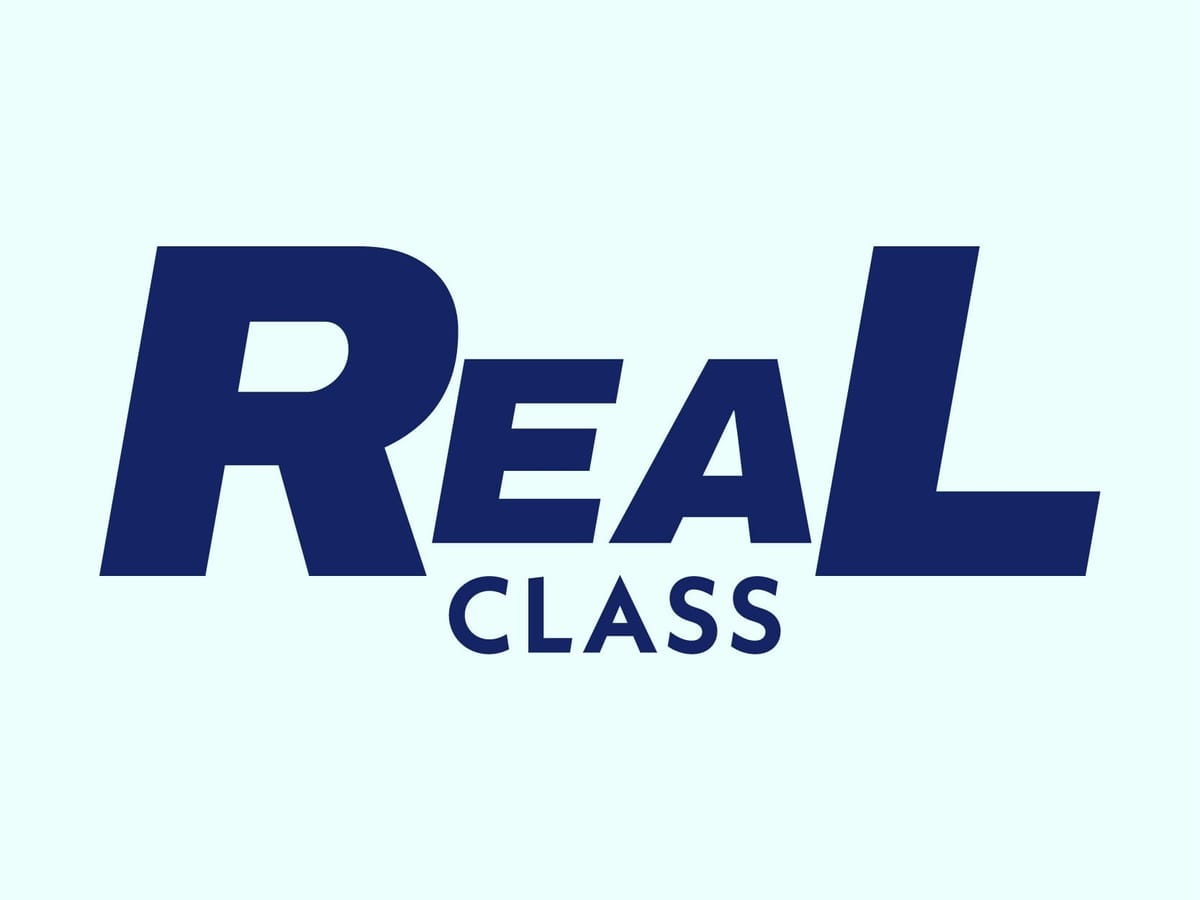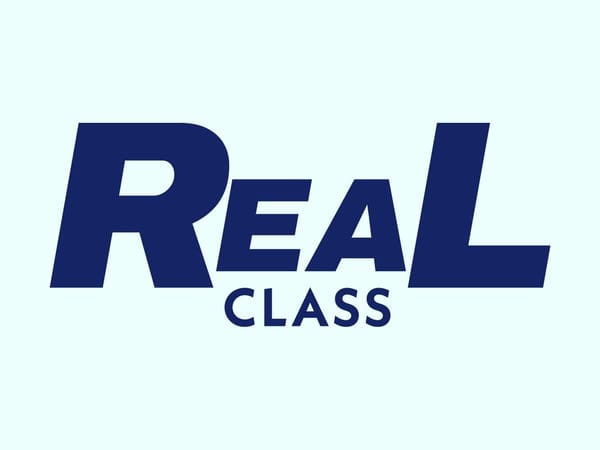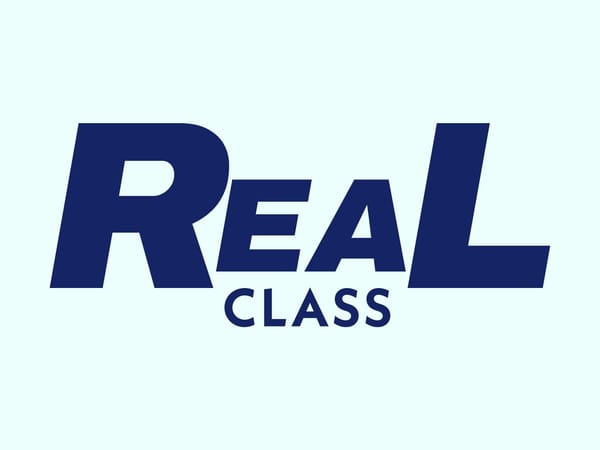Missing the bus: how ‘Welcome To Wrexham’ could have been about rugby league
The story of the behind the scenes documentary that never was.

When Peter V’Landys announced a five-year deal to open the NRL season in Las Vegas, a lot of the rugby league community thought he’d gone a step too far. But the inaugural event in 2024 was deemed a huge success, with Super League jumping on the NRL’s bandwagon this year and bagging an opening spot on Saturday evening, with the dominant force of the game in the Northern Hemisphere, Wigan, taking — and dismantling — NRL favourite Sam Burgess’ Warrington.
But they’re not the first British sporting sides to spend time in Sin City recently, with Wrexham FC enjoying well documented promotion parties in Vegas, all expenses paid for by Hollywood owners Rob McElhenney and Ryan Reynolds. The small working town in north Wales has had its status elevated to a global scale since the new owners took over and produced the hit documentary series 'Welcome to Wrexham’.
I’ve spent a lot of time in Wrexham over the last fifteen years, with half my family located there. I feel like an adopted son of the great town (it was technically granted city status in 2022, but everyone still goes for a beer ‘up the town’). I love it. And during that time the transformation within the town has been seismic. The football club’s owner’s intentions have been clear from the start, and although there’s an element of portraying the town as somewhere that needed saving — a feeling I can say is not reciprocated by the locals — it would be hard to argue it hasn’t been an overall success, bringing a fresh excitement and identity to the place.
Wrexham was the perfect fit for the fame. A community that had no arrogance or snobbery towards two Americans coming in to take over their club. They were welcomed with open arms. Nothing is unusual in a town that can charge £16.30 for two pints of Guinness, a Hobgoblin, a bottle of Poretti, and a bag of salted peanuts in a bar propping up Paul Rudd and Hugh Jackman while The Courteeners blast out of a jukebox.
Wrexham is full of proud people who work hard through the week and spend their money up town on a weekend — often on a gallon of Wrexham Lager, the oldest lager brewery in the UK. It’s not a big place. You can start a night at the top of the hill and roll your way down through pub to pub before finishing at the Wrexham Kebab shop while waiting for your £5 taxi home. It’s a close-knit, sociable community, where the six degrees of separation rule is halved and then halved again.
All in all, it’s very rugby league.
And back in 2010, Wrexham were living the high life in Super League, home to the Crusaders. A year into their three-year Super League license, the Crusaders relocated from Bridgend, South Wales, up to Wrexham and finished in the play-offs at first attempt in their new home, The Racecourse. In their opening game of the season they drew a 10,000 capacity crowd.
The Crusaders inherited a footballing support, with the town’s history drenched in the round ball code — Wrexham FC founded in 1864 — as well as the occasional rugby union fan when there was a piss up to be had around the Six Nations. They loved the fact they were trusted to take a drink into the stands and sing ‘you’re just a fat Robbie Savage’, who is a local boy, at Eorl Crabtree.
They made some eye-catching signings that year, including Gareth Thomas, the first player to reach 100 caps for the Wales rugby union side and one of the first openly gay sportsmen around. It brought cameras to the town and a buzz with it. One of the most rugby league things I’ve ever heard — and one of the most Wrexham things I’ve ever heard for that matter — was fans having the opportunity to pay extra cash for a ticket to the ‘VIP hot tub’ located in the stands to watch that week's Super League game, surrounded by female models. Wrexham and rugby league were, erm, a perfect fit for a different time.
Sadly, that perfect fit with rugby league extended into the finances too, and it wasn’t long after those three years in Super League that had made such an impression on the town that the club had to fold and start all over again in League One under a new ownership and a new name – the North Wales Crusaders.
But those two years in Super League based out of Wrexham meant something to people. It was only a short stint, but it captured the imagination of a passionate community who were looking for something to be a part of and attach their identities to.
I recently caught up with Simon Cooke, who features as one of the fans in ‘Welcome to Wrexham’, and lived first-hand the Crusaders’ story. He’s a football fan turned rugby league fanatic. He became part of the supporters’ trust while Cru were in Super League. Then once The Bad Thing happened and life started again in League One, he became the kit man, drove the team bus, ran the water on matchdays, collated the team stats, and ran the club’s social media. And he wasn’t the only one giving up his spare time for the club. Something special happened in those two years at the Racecourse, something rugby league is well capable of doing, and it left a lasting impression on a fanbase that loved to belong.
They did have some success as the North Wales Crusaders, earning promotion as champions out of League One in 2013 and winning the Northern Rail Cup in 2017, but during our conversation Cooke told me about perhaps the biggest sliding doors moment for the destiny of the club:
“I remember there were a few things that were happening around 2015. I was involved with the club’s social media and I was trying to get sponsors in to support the club.
“I’d sorted out a deal with a TV company associated with Channel 4. I’d been speaking to a producer who was going to do a fly on the wall documentary. She wanted a rugby club from Wales but wanted it to be a bit different. We’d fit cameras in the dressing rooms and get to know all the players.
“She described it a bit like Gogglebox. No footage of the rugby, just purely about the people and the club and how it all works. Sponsors would get Channel 4 coverage so we’d get better interest. It was pre-approved to be on Channel 4. They just wanted to agree it with the club.”
A sports documentary produced with a big TV budget, telling the stories of players battling to get out of the lower leagues in a small working town with passionate supporters and local heroes. Anybody think this sounds familiar?
“And so I spoke to the owner and the chairman, and everyone was buzzing for it. The plan was for the first-team coach to meet with the producer in London after our away game against London Skolars to approve everything. But the team bus was delayed and there were other issues too, all which left our first-team coach in a bad mood.
“Later, someone reminded him that he had this meeting with me and the Producer from Channel 4 and he wiped the floor with me in front of everyone. It was really out of order. I’d driven down before the team to London to have all their kits hung up and sorted in the changing room for next to nothing, and I thought ‘I’m done’. And that was the chance with Channel 4 gone. He refused to meet up with the producer.”
Ah, yes. The familiar sound of rugby league shooting itself in the foot.
A few years later the football side are now international superstars, playing two leagues up, enjoying all-expense paid trips to Vegas, representing a town that was wanting to be proud of something bigger than their great pubs and kebab shops, with all this down to a sports documentary based around similar narrative.
Perhaps in an alternative universe, the North Wales Crusaders’ beat London Skolars that day and their head coach went to meet the producer from Channel 4, buoyed by victory, and agreed to the new documentary. Perhaps when Ryan Reynolds and Rob McElhenney were looking in Wrexham for a sports side to throw their money into, the story of the North Wales Crusaders would have caught their eye — after all it's the working-class heroes they are selling to the world, an identity rugby league has traded off for the past 130 years. And perhaps instead of Wrexham FC getting big trips to Vegas, it would have been the North Wales Crusaders flying over the Atlantic last weekend to bring Super League to Sin City. ⬧




